The Kumarasambhava of Kalidasa, probably composed about A.D. 100, is the greatest long poem in classical Sanskrit. It is the love story of Siva and Parvati, the God and the Goddess, who are viewed as lovers and as cosmic principles. The poem of their love is a paradigm of the inevitable union between male and female played out on the immense scale of supreme divinity. Beginning with a description of Himalaya (who is both mountain and god) and the birth of his daughter Parvati, the poem proceeds in perfectly pitched. Sensuous detail through a presentation of the broader setting for the divine relationship (a warrior child is needed to lead the army of the gods), the uneasy course of events between Siva and Parvati, her winning of his love through her mastery of ascetic practice (tapas), the marriage, and finally the lovemaking of the God and the Goddess on the high mountains. In this volume, Hank Heitetz – poet and novelist as well as Sanskrit scholar – has produced a translation that stands as a poem in modern American English while in remains faithful to the original, to its diction, rhythm, and sound as well as to specific poetic effects. In seeking analogues in English for the formal achievements of the Sanskrit, Heifetz completely avoids the Victorian-tinged idiom that has characterized most scholarly attempts at poetic translationi from Sanskrit to English and has obscured the value of the rich South Asian tradition. The Origin of the Toung God is intended for general readers of poetry as well as for Indianists.
The Origin of the Young God
In stock
Free & Quick Delivery Worldwide
reviews
Bibliographic information
Title
The Origin of the Young God
Author
Edition
1st ed.
Publisher
ISBN
8120807545
Length
xii+178p., Notes; Bibliography; 23cm.
Subjects

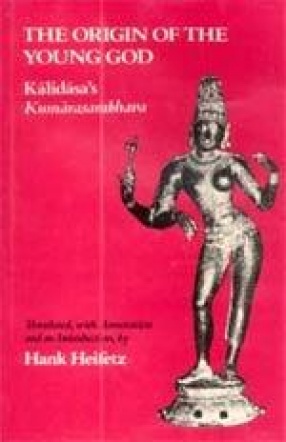
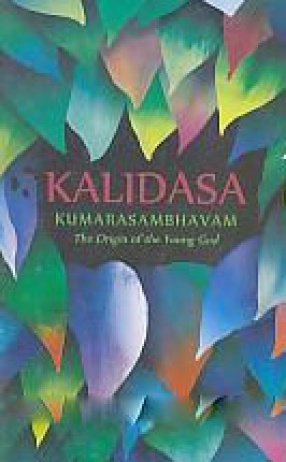
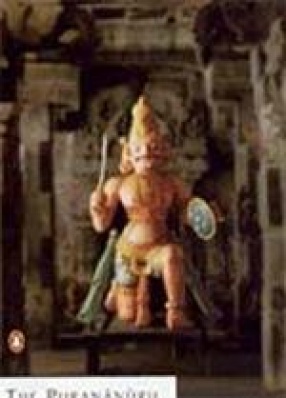
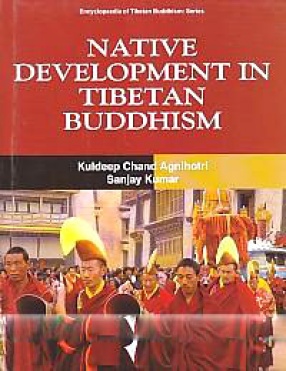
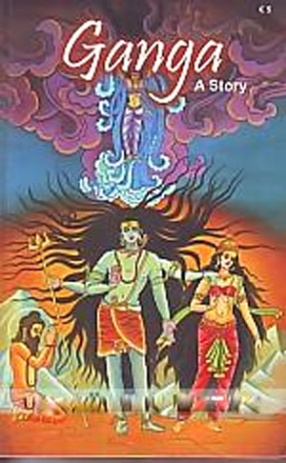
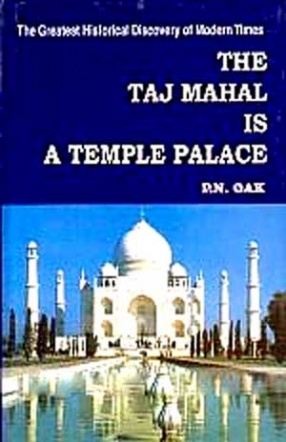
There are no reviews yet.